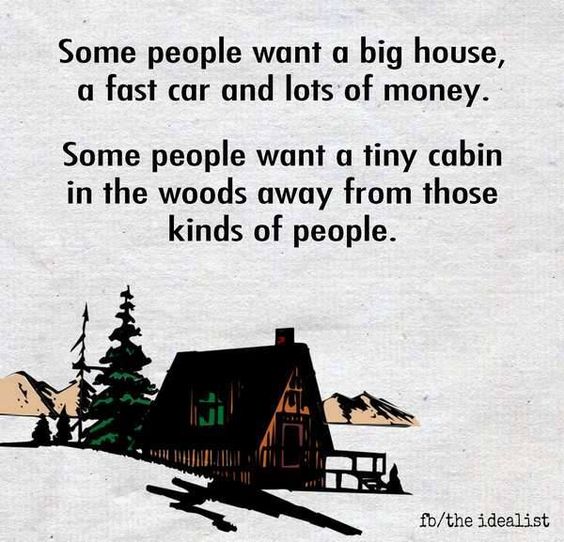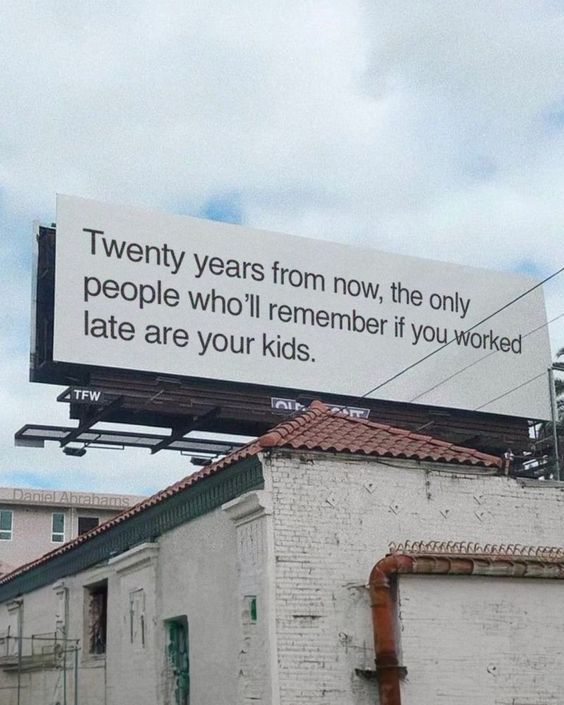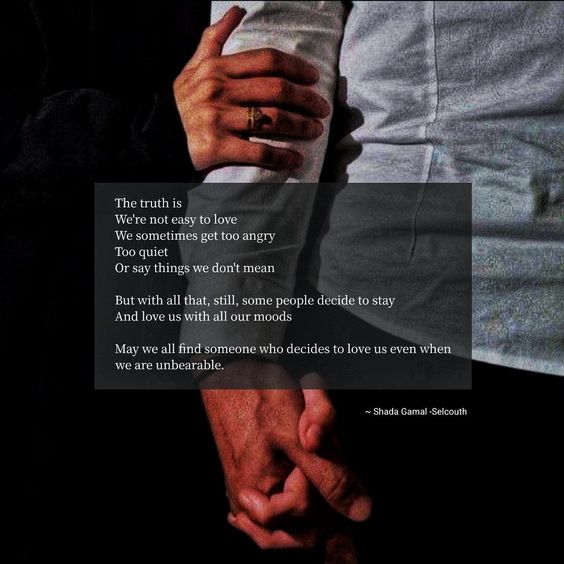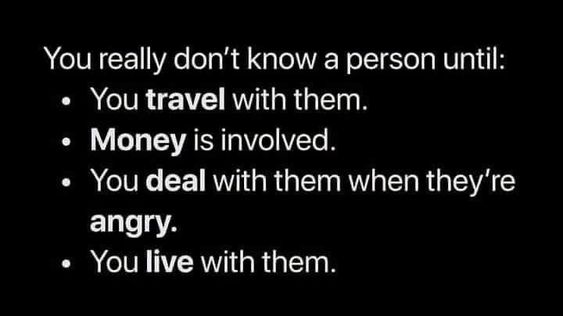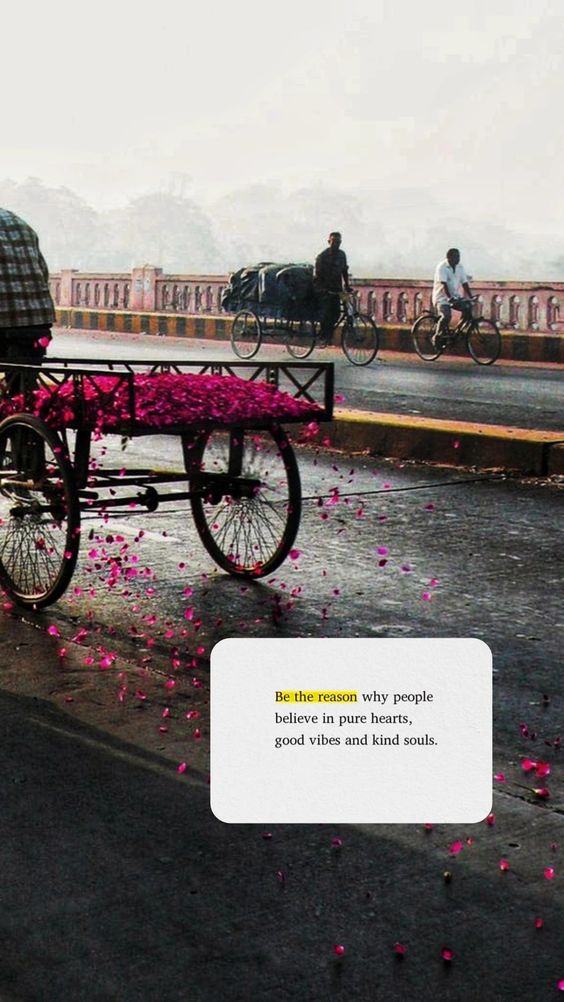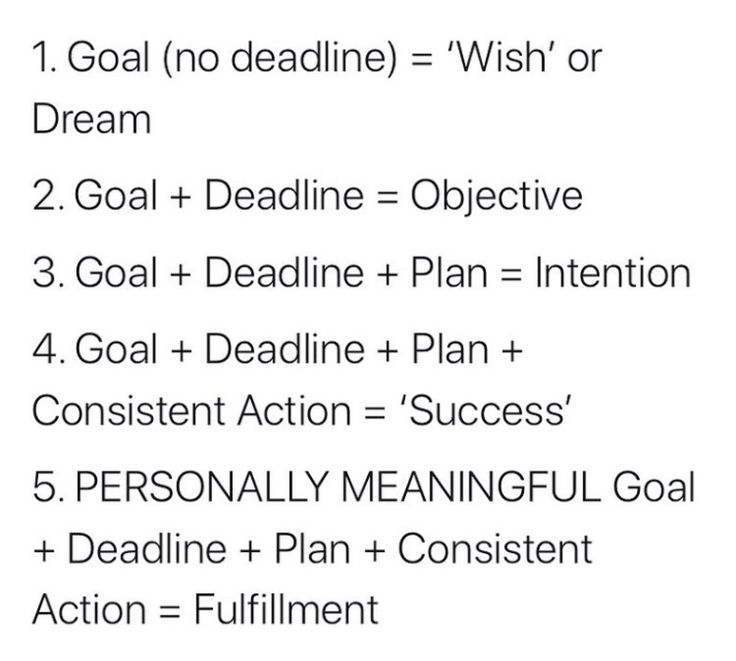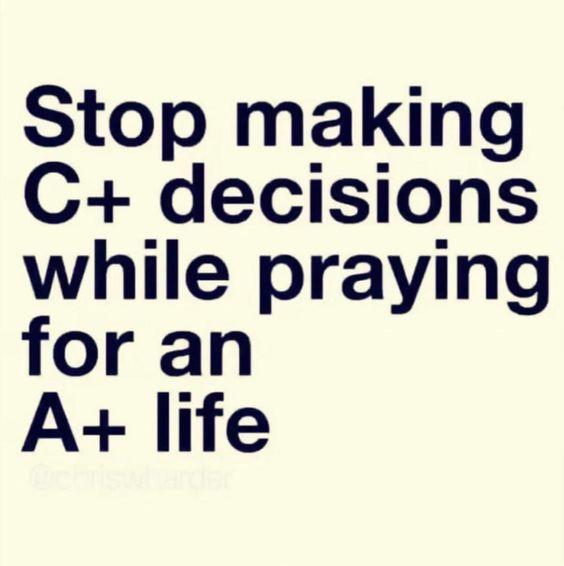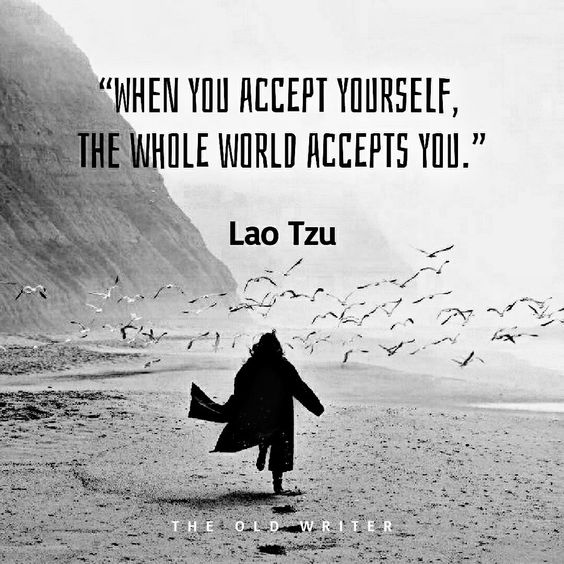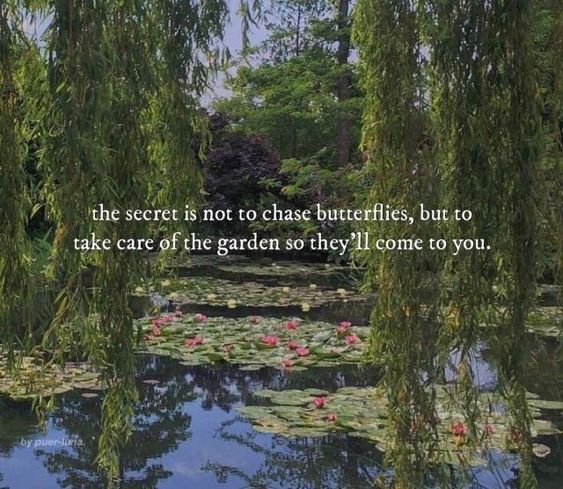“Out of all virtues simplicity is my most favorite virtue. So much so that I tend to believe that simplicity can solve most of the problems, personal as well as the world problems. If the life approach is simple one need not lie so frequently, nor quarrel nor steal, nor envy, anger, abuse, kill. Everyone will have enough and plenty so need not hoard, speculate, gamble, hate. When character is beautiful, you are beautiful. That is the beauty of simplicity.”
Ela Bhatt, via Essentialism (Page 246)
“If you have correctly identified what really matters, if you invest your time and energy in it, then it is difficult to regret the choices you make. You become proud of the life you have chosen to live. Will you choose to live a life of purpose and meaning, or will you look back on your one single life with twinges of regret? If you take one thing away from this book, I hope you will remember this: whatever decision or challenge or crossroads you face in your life, simply ask yourself, ‘What is essential?’ Eliminate everything else.”
Greg McKeown, Essentialism (Page 237)
“Doubt is not bad. Negativity is a totally different thing. Negativity means you have already taken a position—against. Doubt means you don’t have any position; you are ready to inquire, with open mind. Doubt is the best point from where to begin. Doubt simply means a quest, a question; negativity means you already have a prejudice, you are bigoted. You have already decided. Now all that you have to do is somehow to prove your prejudice right. Doubt is immensely spiritual. But negativity is something sick.”
Osho, Everyday Osho (Page 123)
“When faced with so many tasks and obligations that you can’t figure out which to tackle first, stop. Take a deep breath. Get present in the moment and ask yourself what is most important this very second—not what’s most important tomorrow or even an hour from now. If you’re not sure, make a list of everything vying for your attention and cross off anything that is not important right now.“
Greg McKeown, Essentialism (Page 221)
“Recently I had taught a full day on Essentialism to an executive team in New York. I had thoroughly enjoyed the day and had felt present throughout. But by the time I returned to my room I felt a sudden pull in a million directions. Everything around me was a reminder of all of the things I could be doing: check my e-mail, listen to messages, read a book I felt obligated to read, prepare the presentation for a few weeks from now, record interesting ideas that had grown out of the day’s experiences, and more. It wasn’t just the sheer number of things that felt overwhelming, it was that familiar stress of many tasks vying for top billing at the same time. As I felt the anxiety and tension rise I stopped. I knelt down. I closed my eyes and asked, ‘What’s important now?’ After a moment of reflection I realized that until I knew what was important right now, what was important right now was to figure out what was important right now!”
Greg McKeown, Essentialism (Page 220)
“Boundaries are a source of liberation. This truth is demonstrated elegantly by the story of a school located next to a busy road. At first the children played only on a small swath of the playground, close to the building where the grown-ups could keep their eyes on them. But then someone constructed a fence around the playground. Now the children were able to play anywhere and everywhere on the playground. Their freedom, in effect, more than doubled. Similarly, when we don’t set clear boundaries in our lives we can end up imprisoned by the limits others have set for us. When we have clear boundaries, on the other hand, we are free to select from the whole area—or the whole range of options—that we have deliberately chosen to explore.”
Greg McKeown, Essentialism (Page 169)
“Whoever it is that’s trying to siphon off your time and energies for their own purpose, the only solution is to put up fences. And not at the moment the quest is made—you need to put up your fences well in advance, clearly demarcating what’s off limits so you can head off time wasters and boundary pushers at the pass. Remember, forcing these people to solve their own problems is equally beneficial for you and for them.”
Greg McKeown, Essentialism (Page 169)
“Peace comes—but before it comes, as a prerequisite, you have to create a mental peace around you. The first peace will just be mental; it will be like an autohypnosis; it is created by you. Then one day you will suddenly see that the second peace has surfaced. It has nothing to do with your doing, or with you. In fact, it is deeper than you. It comes from the very source of your being, the unidentified being, the undivided being, the unknown being.”
Osho, Everyday Osho (Page 121)
“Instead of trying to budget your time on the basis of existing commitments, assume that all bets are off. All previous commitments are gone. Then begin from scratch, asking which you would add today. You can do this with everything from the financial obligations you have to projects you are committed to, even relationships you are in. Every use of time, energy, or resources has to justify itself anew. If it no longer fits, eliminate it altogether.”
Greg McKeown, Essentialism (Page 152)
